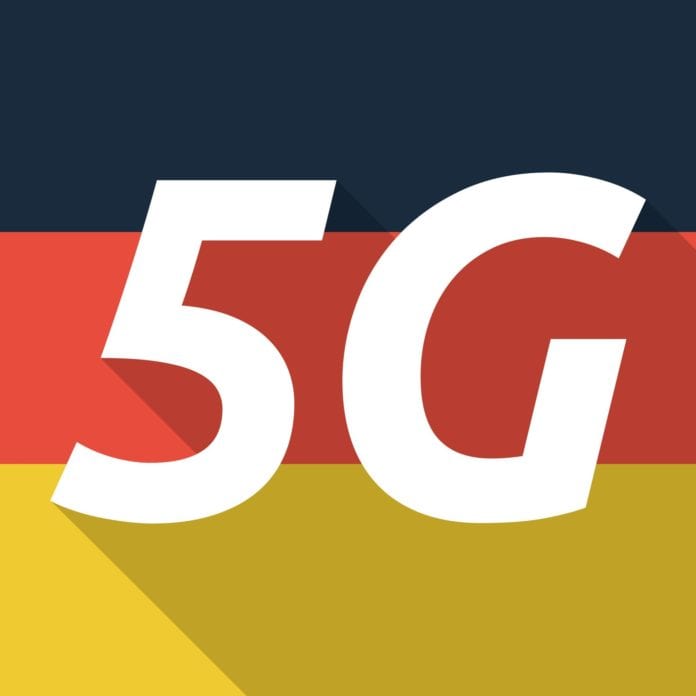All vendors would need to pass a security certification process in order to operate in the German market
Germany’s Interior Minister Horst Seehofer announced the intention to introduce changes in the country’s telecommunications law in order to implement stricter conditions to all foreign vendors willing to operate in the market, Reuters reported, citing the RND group of newspapers.
According to the report, Seehofer’s aim was to better control China’s Huawei Technologies rather than exclude it from the German 5G market.
The official also said all foreign vendors will be subject to a security certification process and need to sign a no-spy agreement in order to participate in the German telecom market.
Earlier this month, German Chancellor Angela Merkel said that the Chinese government needs to provide guarantees that it will not have access to data handled by Huawei Technologies before the telecoms equipment supplier can participate in future 5G contracts in Germany.
During a recent visit to Japan, Merkel said that it was necessary to speak to the Chinese government so “the company doesn’t just simply hand the data to the state.”
Merkel also highlighted that security was a key issue for those companies looking to operate in Germany. Merkel added that Chinese authorities cannot have access to data handled by Chinese companies.
According to previous press reports, Germany’s government was studying the possibility to take action that could effectively block Huawei from taking part in the deployment of 5G networks in the country over security concerns. German newspaper Handelsblatt previously reported, citing government sources, that officials are assessing the possibility of setting security standards that will be impossible for Huawei to achieve.
However, German operator Deutsche Telekom recently said that the exclusion of Huawei from 5G contracts would have a negative impact for the deployment of this technology in the country and across Europe. According to an internal assessment by German carrier Deutsche Telekom, the removal of Huawei from the list of 5G suppliers would delay the rollout of 5G by at least two years.
In its internal assessment, the German telco highlighted that 5G networks must be built on top of existing 4G infrastructure, which already relies extensively on Huawei equipment. If European governments ban Huawei and force operators to remove Huawei equipment, the telecom industry would see a huge financial impact, according to the report.
A number of countries including the U.S., Canada, Japan the U.K., Germany, Australia and New Zealand have already taken certain steps to block or limit purchases of network equipment from Huawei and ZTE, over security allegations.

